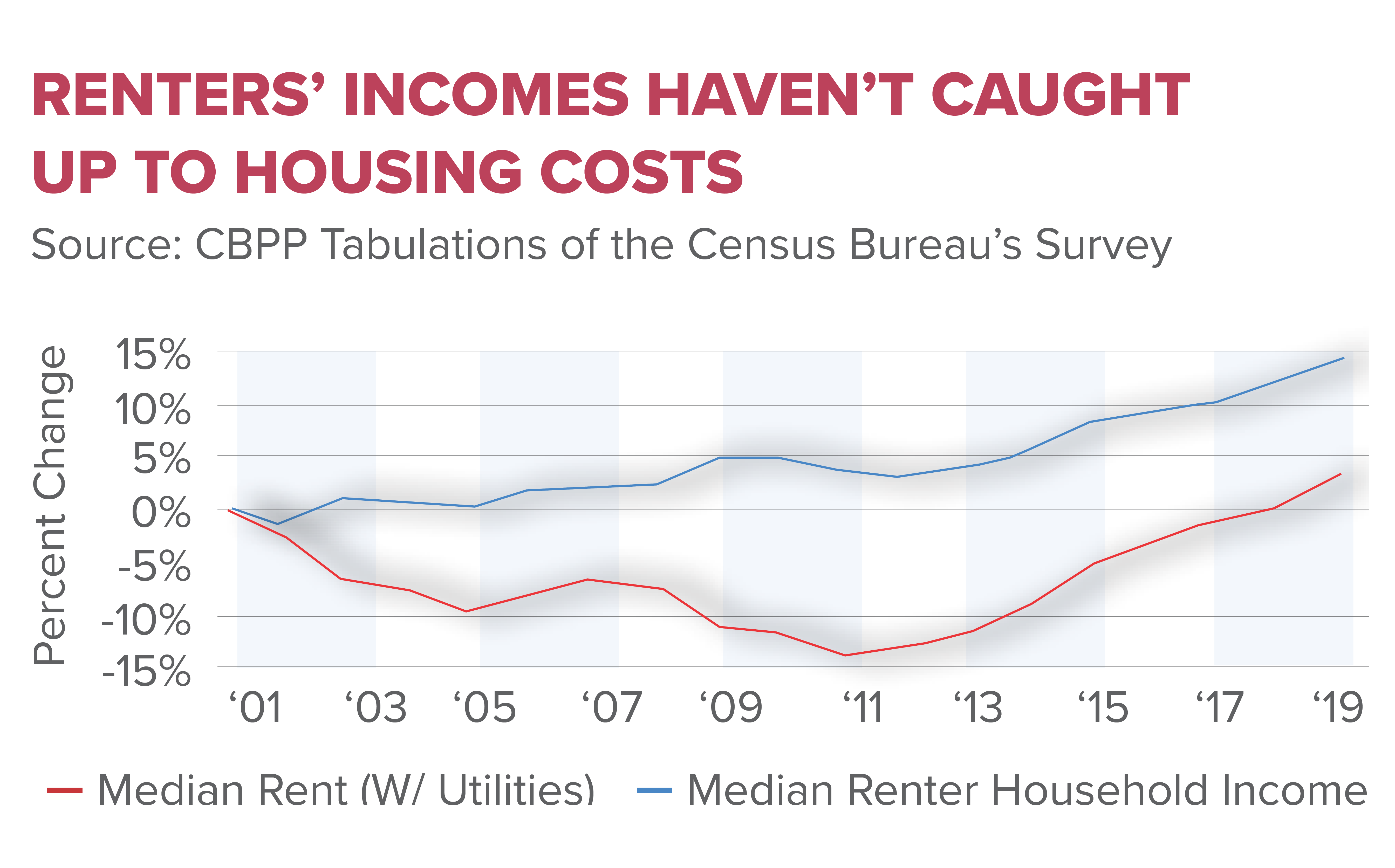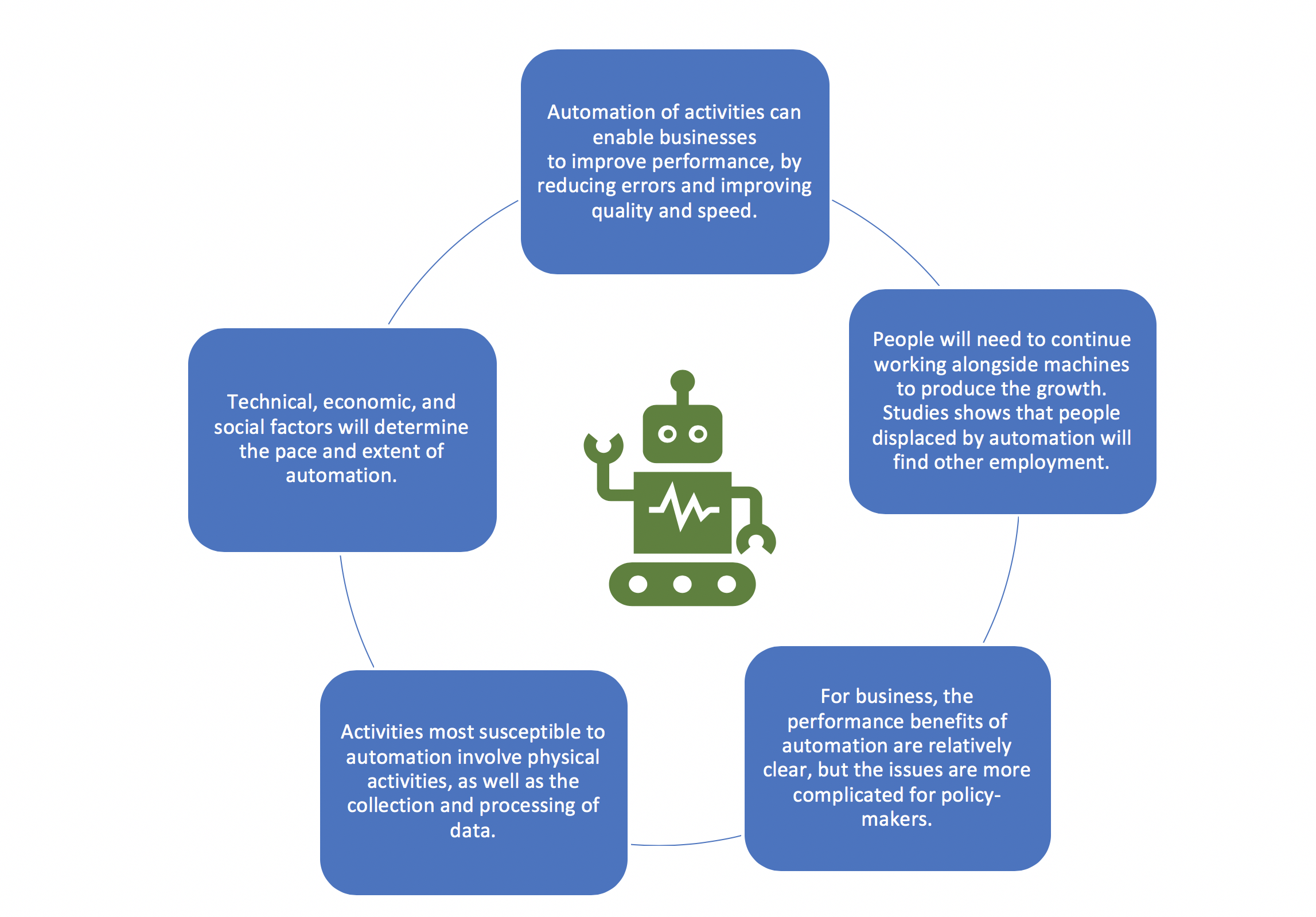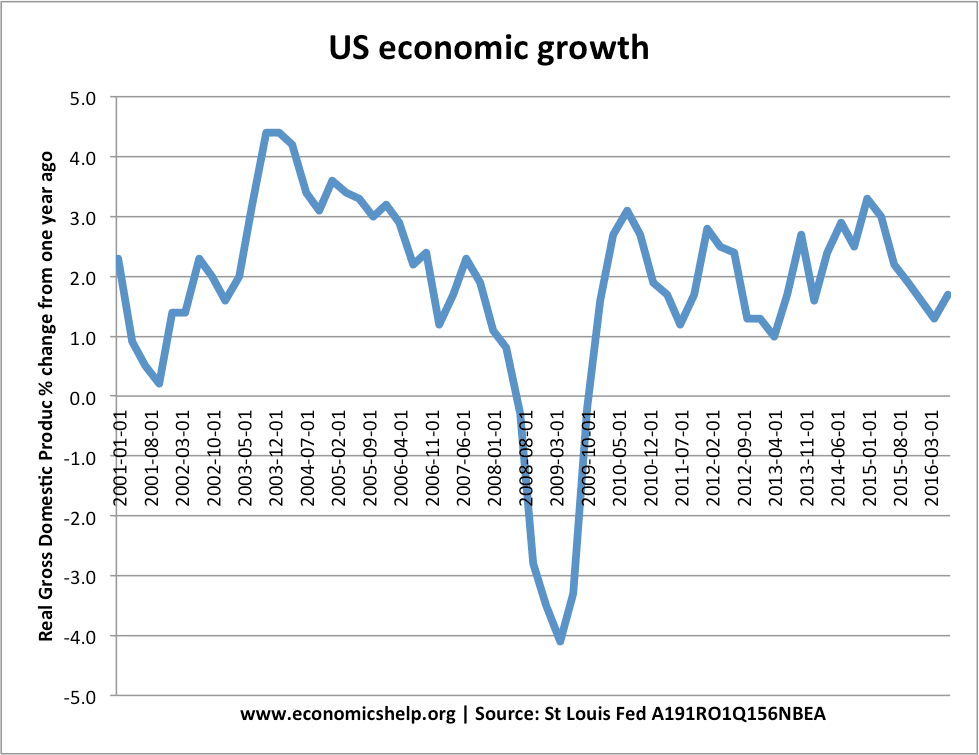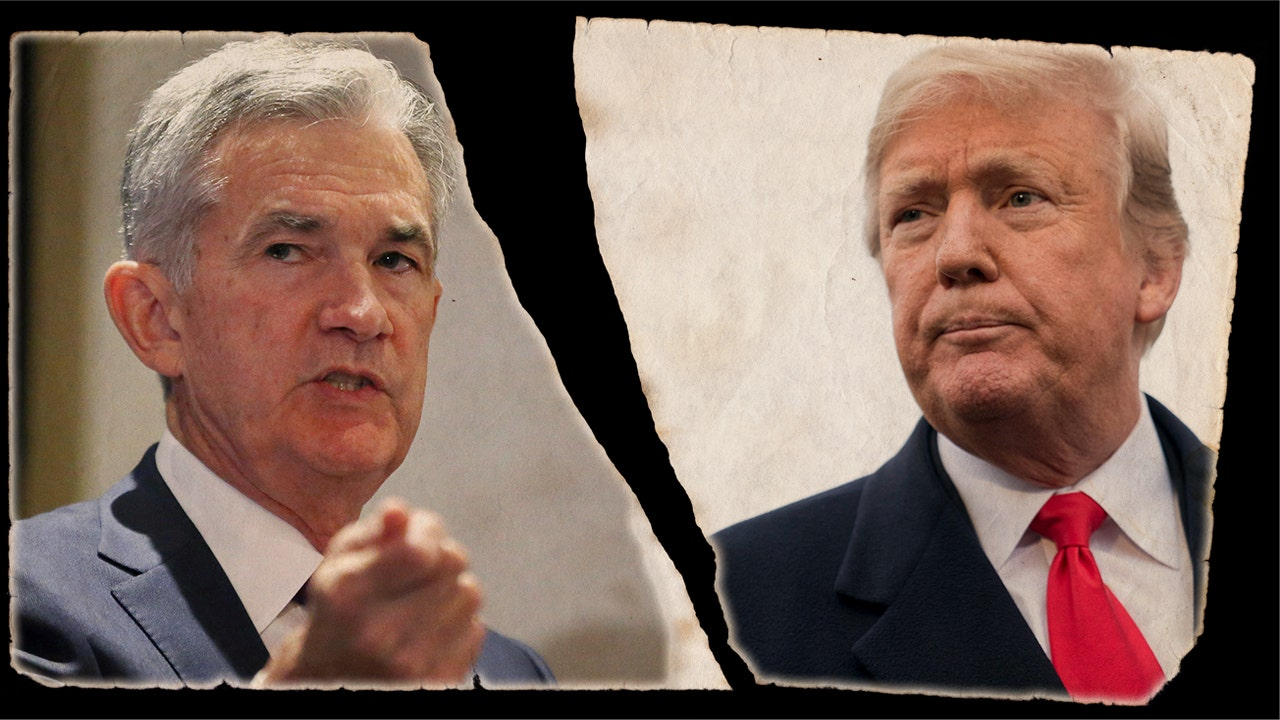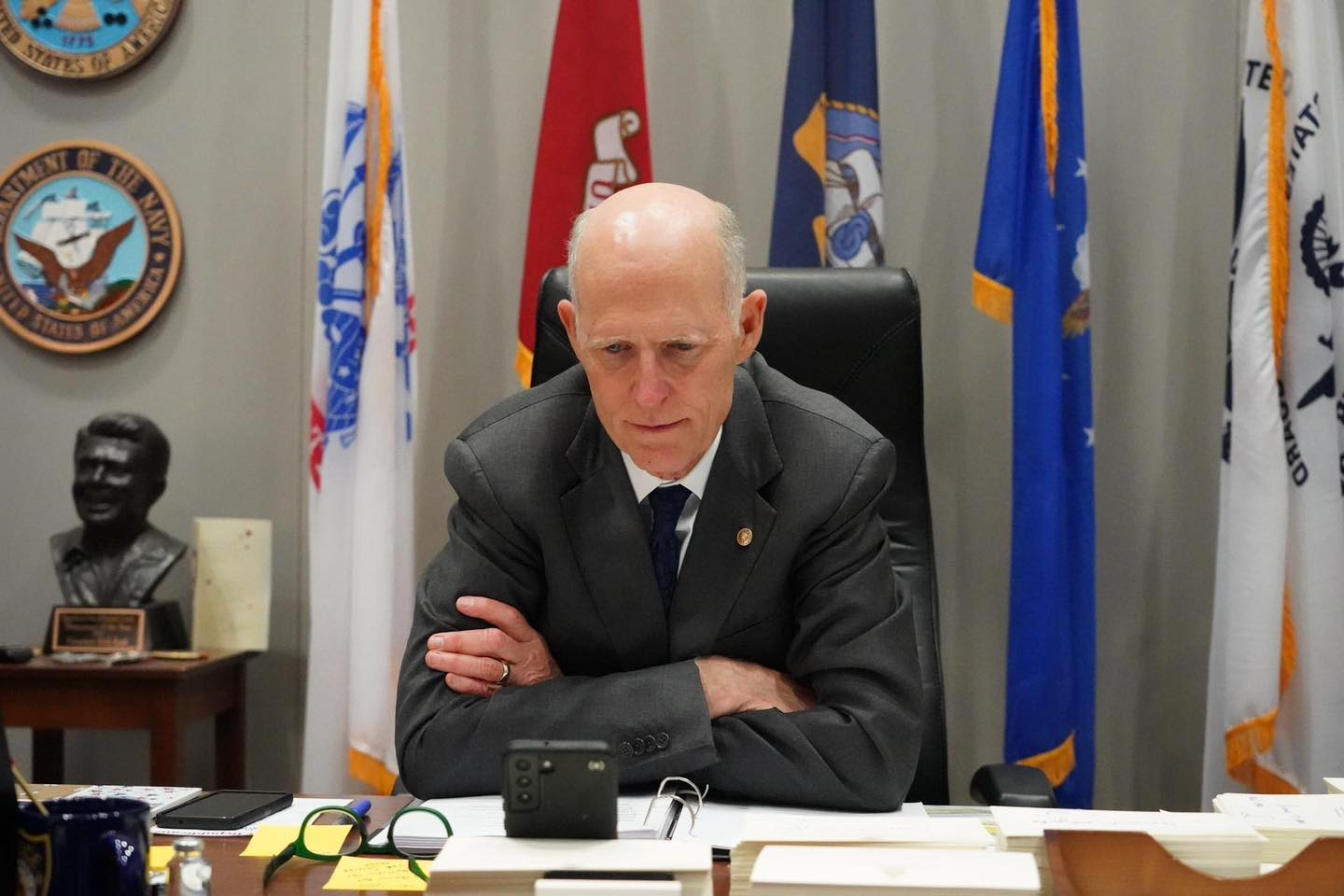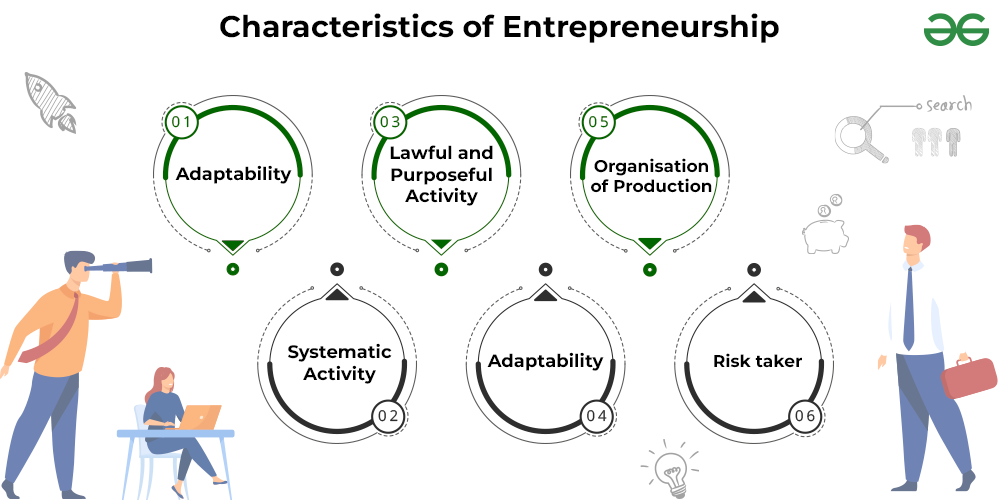Stefanie Stantcheva, a renowned economist from Harvard University, has made significant waves in the field of economic policy with her innovative research and insights. Recently awarded the prestigious John Bates Clark Medal, Stantcheva is recognized for her groundbreaking work on tax policy and its repercussions on public finance and innovation. Her contributions emphasize the powerful role of the tax system in shaping economic behavior, proving that well-designed tax policies can foster creativity and technological advancements. Stantcheva’s eloquent understanding of how taxation influences innovation has gained her recognition as one of the leading economists under the age of 40. As a dedicated researcher and educator, she continues to explore complex questions that lie at the intersection of economics and societal challenges.
In the realm of economic studies, the recent achievements of young scholars like Stefanie Stantcheva illuminate the importance of innovative thought in shaping tax systems and public finance. Recently celebrating her accolades, Stantcheva’s research highlights the intricate relationship between taxation and economic innovation, shedding light on how elements of tax policy can influence behavior on a macroeconomic scale. The John Bates Clark Medal awarded to her serves as a testament to her impactful insights, calling into question traditional views and encouraging a dialogue on the evolution of economic policies. As the nuances of public finance evolve, so too does the imperative for economists like Stantcheva to dissect and understand the motivations behind economic behaviors. Her ongoing work at the Social Economics Lab and focus on emotional influences in economic decision-making reflect a more holistic approach to policy development.
Stefanie Stantcheva: A Pioneer in Economic Thought
Stefanie Stantcheva, an eminent economist at Harvard University, has made remarkable strides in the realm of public finance and tax policy, gaining recognition as a leading figure among economists under 40. Awarded the prestigious John Bates Clark Medal, her pioneering insights have revolutionized how we understand the intersection of tax systems and economic innovation. Stantcheva’s work emphasizes that the design of tax policies can significantly influence both the quantity and quality of innovation, highlighting the critical role taxation plays in shaping economic behavior.
In her celebrated paper “Taxation and Innovation in the 20th Century,” Stantcheva demonstrates how innovation is highly responsive to changes in tax policy, showcasing the important elasticity that exists within this relationship. Her findings indicate that while higher taxes may suppress the overall quantity of innovation, they do not necessarily diminish the quality of the inventions produced. This nuanced understanding underlines her status as a leading economist, innovative in her approaches to complex economic issues.
The Impact of Tax Policy on Economic Innovation
Tax policy is a vital tool that governments use to shape economic activity and spur innovation. Economists like Stefanie Stantcheva argue that well-structured tax systems can encourage entrepreneurship and technological development. For instance, when tax incentives are aligned with innovative sectors, they can foster an environment where creativity and economic growth thrive. This crucial relationship highlights why effective public finance strategies are imperative in driving economic progress.
However, Stantcheva’s findings caution against poorly designed tax structures that may inadvertently stifle innovation. The balance between taxing and incentivizing is delicate; an overly burdensome tax regime can deter investment in new technologies and ideas. By analyzing the nuances of tax implications, Stantcheva’s research serves as a valuable guide for policymakers striving to create robust economic environments that support innovation.
Recognizing Contributions: The Importance of the John Bates Clark Medal
The John Bates Clark Medal stands as one of the highest honors bestowed upon economists under 40, celebrating those whose work significantly impacts the field. This award not only recognizes individual accomplishments but also underscores the depth of research and scholarship emerging within economics. Stefanie Stantcheva’s receipt of this esteemed medal is a testament to her outstanding contributions to our understanding of tax policy and its broader implications on public finance and innovation.
Receiving such acclaim positions Stantcheva among the ranks of previous winners who have altered the landscape of economic thought. The medal is not merely an accolade; it serves to inspire and motivate emerging economists to explore pressing issues in their research. Celebrations surrounding the award reflect a communal recognition of excellence within the academic community, further emphasizing the importance of collaboration in driving economic insights.
Stantcheva’s Role in Advancing Economic Research
Stafanie Stantcheva is not just a recipient of accolades; she has also established herself as an influential leader in the field of economic research. Through her work at the Social Economics Lab, founded in 2018, she aims to dissect complex economic and social issues ranging from trade to social mobility. By fostering an environment for innovative research, her lab explores a variety of topics, including the interplay between emotions and economic policies, bringing a fresh perspective to traditional economic debates.
Stantcheva’s forward-thinking approach is essential for understanding how contemporary economic challenges can be met with effective solutions. Her endeavors to study the psychological dimensions of economic behavior are particularly noteworthy, as they integrate behavioral economics into public finance discussions. By doing so, she is laying the groundwork for a more holistic understanding of economic policies that consider human behaviors as fundamental factors in economic outcomes.
The Future of Public Finance According to Stantcheva
As Stefanie Stantcheva continues her work, the future of public finance appears promising, especially with innovative minds leading the charge. Her research underscores the significance of continuously adapting tax policies that align with contemporary economic realities and innovation trajectories. Understanding the dynamics of economic activity, particularly how taxation affects creativity and entrepreneurship, will be crucial for future growth.
Stantcheva’s insights point toward the necessity for policymakers to develop tax regimes that are adaptable and responsive to innovations in technology and changes in the global economy. As we witness shifts in how businesses operate and compete, her contributions will likely shape the evolution of public finance, ensuring that economic policies facilitate rather than hinder growth and innovation, ultimately benefiting society at large.
Exploring Social Mobility Through Economic Policies
A crucial aspect of Stefanie Stantcheva’s work involves understanding the relationship between economic policies and social mobility. Her research highlights how different taxation structures can significantly impact the mobility of individuals within the socio-economic spectrum. By analyzing factors such as education, employment, and innovation, she elucidates the pathways through which effective public finance can enhance opportunities for all.
Stantcheva’s exploration into social mobility emphasizes that equitable tax policies can create a more level playing field. By addressing discrepancies in wealth and access, economic reforms guided by her insights could lead to increased opportunities for marginalized populations. Thus, the implications of her research extend far beyond traditional economic metrics, advocating for a system that promotes fairness and empowerment.
The Role of Emotions in Economic Decision-Making
While economics has traditionally focused on rational decision-making, Stefanie Stantcheva’s recent investigations into the role of emotions in economic policy shed new light on human behavior. The exploration of emotions as influencing factors in economic decision-making highlights the complexity of fiscal policies. Her research posits that people’s emotional responses to tax policies and economic events can significantly affect their behavior, leading to varying economic outcomes.
By integrating psychological elements into economic analysis, Stantcheva is breaking ground in understanding how sentiments shape public finance and innovation. Recognizing the interplay between emotions and economic actions may inform more effective policies that resonate better with individuals. This shift toward a more human-focused perspective in economic research is crucial for developing responsive policies that align with societal needs.
Taxation and Its Long-Term Effects on Society
Stefanie Stantcheva’s research emphasizes the long-term implications of taxation on societal development and economic stability. By examining historical contexts and contemporary case studies, her work showcases how tax policies can either propel or hinder economic growth over time. This understanding is vital for crafting tax systems that endure and adapt to changing economic landscapes.
The long-term effects of tax policy also extend to societal behaviors and attitudes toward entrepreneurship and innovation. Stantcheva argues that well-structured tax incentives can cultivate a culture of innovation, encouraging individuals to take risks and invest in new ventures. This perspective is essential for policymakers aiming to build sustainable economic frameworks that prioritize long-term growth and resilience.
Celebrating Economic Excellence: Harvard’s Recognition of Stantcheva
The recognition of Stefanie Stantcheva by the American Economic Association reflects Harvard’s commitment to excellence in economics. Celebrating her achievements among scholars and students not only uplifts her contributions but also showcases the culture of innovation within the institution. Harvard continues to be a breeding ground for leading economists who strive to address vital economic issues like tax policy and public finance.
Honoring Stantcheva’s work encourages a collaborative atmosphere within the economics department, where ideas can thrive and expand. This celebration serves as a reminder of the importance of supporting emerging voices in the field and fostering an environment conducive to groundbreaking research. Her accolade symbolizes the collective achievements of the Harvard economics community and their progressive vision for the future.
Frequently Asked Questions
Who is Stefanie Stantcheva and what is her contribution to economics?
Stefanie Stantcheva is a prominent economist and the Nathaniel Ropes Professor of Political Economy at Harvard. She is known for her pioneering research in tax policy, public finance, and innovation. Her work has significantly advanced the understanding of how tax systems can influence economic behavior and innovation.
What is the John Bates Clark Medal and why was Stefanie Stantcheva awarded it?
The John Bates Clark Medal is awarded by the American Economic Association to an under-40 economist for notable contributions to the field. Stefanie Stantcheva received the medal in 2025 for her impactful insights on tax policy and its relationship with innovation and economic behavior, particularly illustrated in her research on taxation effects.
How has Stefanie Stantcheva impacted public finance through her research?
Stefanie Stantcheva has made significant contributions to public finance by exploring how tax policy can encourage or discourage economic activity. Her research demonstrates that the design of tax systems is crucial in promoting innovation and overall economic health.
What are some key findings from Stefanie Stantcheva’s research on tax policy and innovation?
In her 2022 study ‘Taxation and Innovation in the 20th Century’, Stefanie Stantcheva and her colleagues found that innovation is highly responsive to tax policy changes. They discovered that while higher taxes negatively impact the quantity of innovation, they do not significantly affect the quality of inventions produced.
What role does the Social Economics Lab play in Stefanie Stantcheva’s research?
Founded by Stefanie Stantcheva in 2018, the Social Economics Lab focuses on understanding economic issues and policies from a behavioral perspective. The lab explores various topics, including the influence of emotions on economic decision-making and the concept of zero-sum thinking in policy discussions.
Why is tax policy important in shaping innovation according to Stefanie Stantcheva?
Stefanie Stantcheva emphasizes that tax policy is a powerful tool that can greatly influence economic dynamics. Properly designed tax systems can stimulate innovation by providing the necessary incentives for investment and creative solutions, which are critical for economic growth.
What are some current research topics being explored by Stefanie Stantcheva?
Currently, Stefanie Stantcheva and her team at the Social Economics Lab are investigating the interplay between emotions and economic policies, as well as examining mindsets that affect public perception of economics, such as the concept of zero-sum thinking.
What recognition has Stefanie Stantcheva received for her work in economics?
Stefanie Stantcheva has received notable recognition for her research, including the 2025 John Bates Clark Medal, which highlights her as a leading young economist whose work has made significant contributions to the fields of tax policy and public finance.
| Key Points |
|---|
| Stefanie Stantcheva awarded the John Bates Clark Medal for significant contributions to economics. |
| Recognized for pioneering insights in tax policy, innovation, and economic behavior. |
| Her research shows the tax system’s impact on innovation and economic activities. |
| Co-authored a paper highlighting the responsiveness of innovation to tax policy changes. |
| Founded the Social Economics Lab in 2018 to address pressing economic issues. |
Summary
Stefanie Stantcheva has established herself as a prominent figure in economics, particularly within the realms of tax policy and innovation. Her recent award reflects her influential work and dedication to understanding complex economic dynamics. As she continues her research at the Social Economics Lab, her efforts promise to deepen insights into how economic policies can be crafted to stimulate innovation and address modern societal challenges.

